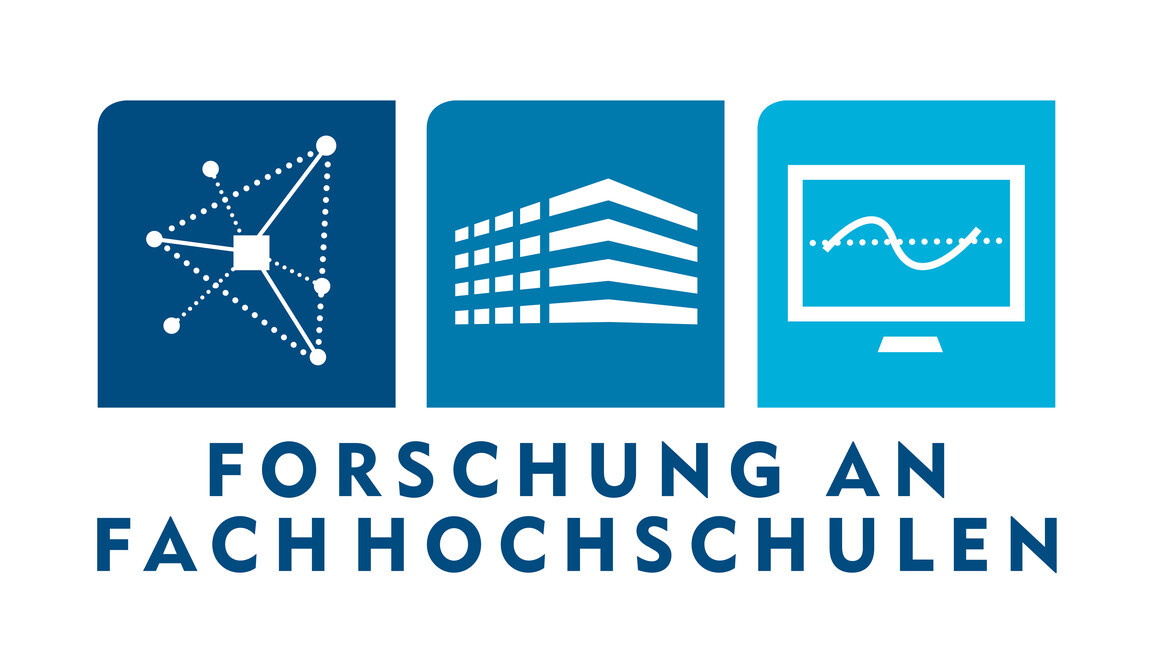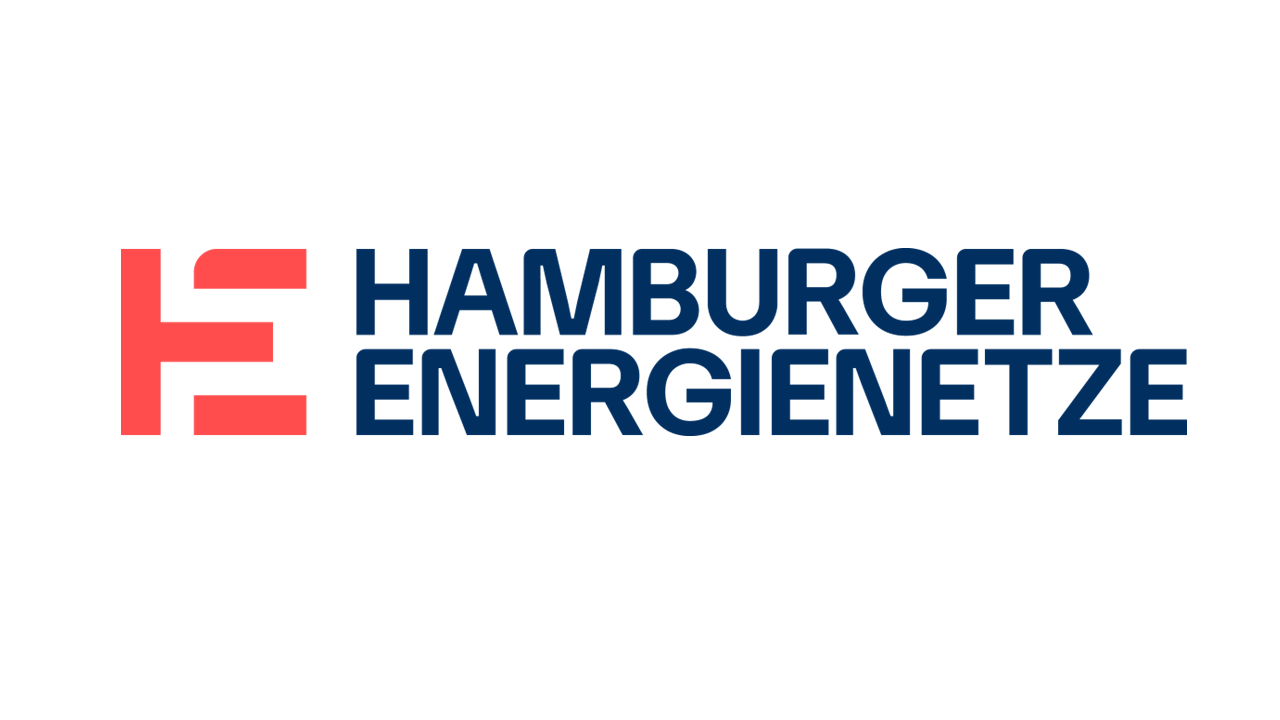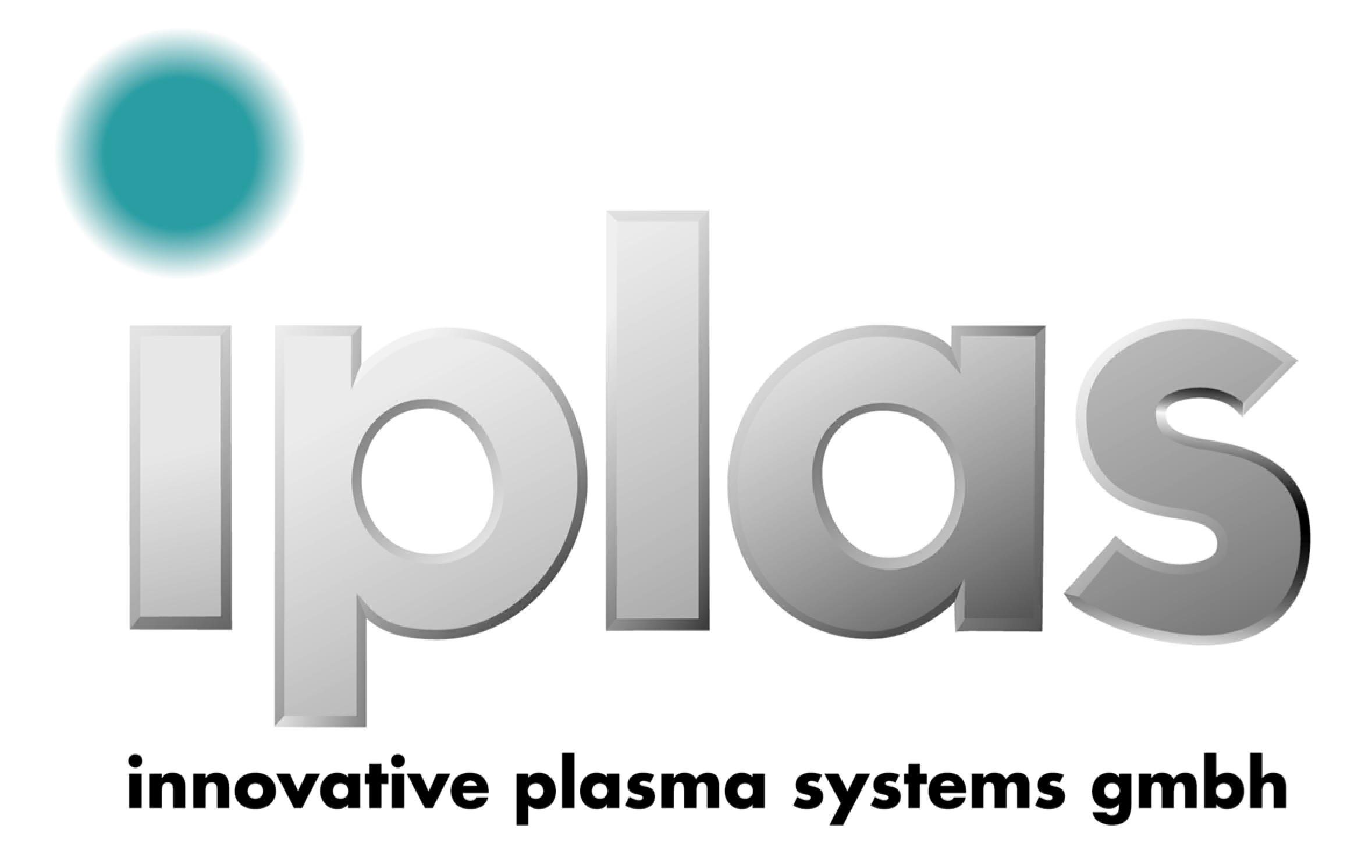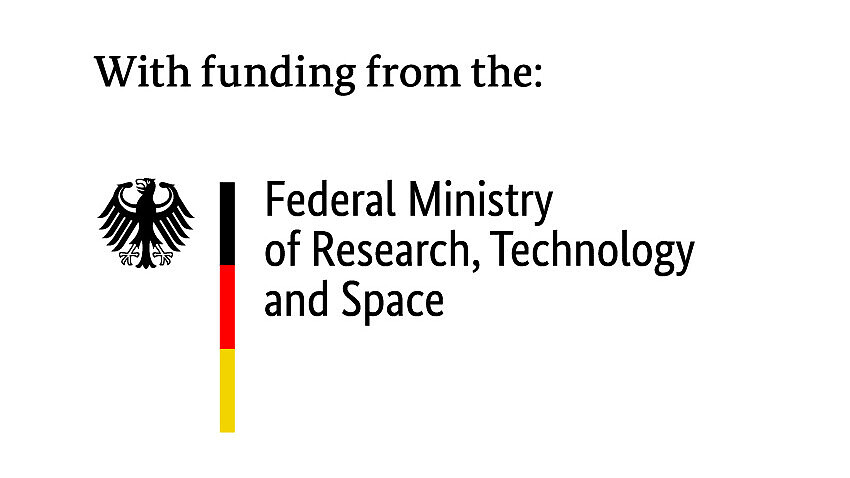In the X-Energy sub-project MEDEA, together with the partners iplas GmbH and Gasnetz Hamburg, a low-temperature plasma cracking plant for the plasma catalytic cracking (plasmalysis) of methane (CH4) into hydrogen (H2) and elementary carbon/carbon black (C) is being constructed, operated and evaluated.
The aim is to test and scientifically investigate the CO2-neutral and energy-efficient production of hydrogen (H2) and carbon black from methane (CH4) using microwave plasma.
A central component of the future climate-friendly energy supply will be CO2-neutral hydrogen, which as a storage technology will contribute to the decarbonization of the industrial, mobility and heating sectors.
The associated increase in demand for hydrogen makes it necessary to provide large quantities at short notice and at low cost. However, the slow expansion of electrolysis capacities for the production of hydrogen and the lack of electricity from renewable energies for the production of green hydrogen are not sufficient to meet the increasing demand. Traditional processes such as steam reforming, which uses fossil fuels to produce hydrogen, are associated with high CO2 emissions. A promising alternative process is plasma cracking of natural gas, which uses microwave energy to split natural gas into hydrogen and elemental carbon. Plasma cracking thus represents a possible bridging technology to close the supply gap in the short term without releasing CO2 emissions. In addition to the main product hydrogen, methane cracking provides solid carbon as a marketable by-product, e.g. for the rubber and tire industry or as a soil conditioner. Long-term sequestration of the carbon, e.g. through terra preta or landfilling in former coal deposits, is also conceivable.
The process used in MEDEA is based on the application of microwave technology, which generates a dissociative plasma.
The plasma process, which takes place in the absence of oxygen, breaks down the methane into its components hydrogen and solid carbon. The use of methane as a reactant takes advantage of the high ratio of hydrogen to carbon and the lower bond enthalpy between the molecules (in contrast to water), which is used as a starting product in electrolysis. Compared to conventional thermal processes, microwave plasma cracking is characterized above all by low reaction temperatures, fewer side reactions and higher energy efficiency.
The construction and commissioning of the plant is planned on the premises of Gasnetz Hamburg, which is supporting the project with its technical expertise from the gas industry.
A central component of MEDEA is, among other things, the evaluation of process stability, product quality and energy efficiency of the plant in order to generate important knowledge about the technical and economic suitability of this technology. At the same time, operation is being tested in collaboration with the company partners depending on the supply of renewable electricity. Various decarbonization scenarios will also be conceptually evaluated. In addition, the plasma cracking process for the production of solid carbon offers the potential to reduce CO2 emissions compared to emission-intensive carbon black production processes (e.g. furnace process). A "carbon negative" scenario is even conceivable through the use of biogas or synthetic methane. The long-term landfilling of solid carbon as part of carbon capture and storage (CCS) methods also plays a decisive role in achieving a negative CO2 balance and is to be evaluated as part of MEDEA.
Results
Extensive test operation showed that the system can be operated stably with both pure methane and natural gas - continuous operation could also be realised under the test conditions. Key performance indicators of the technology were determined: A maximum hydrogen yield in the product gas of around 35 mol% was achieved and an energy efficiency of hydrogen production of around 12%, based on the ratio of the thermodynamically required energy for the formation of hydrogen and the electrical energy actually used in plasma cracking. Important potential for optimising the efficiency of the plant was identified during the trials, which the partner iplas will implement in future plants.
For further information see here.




